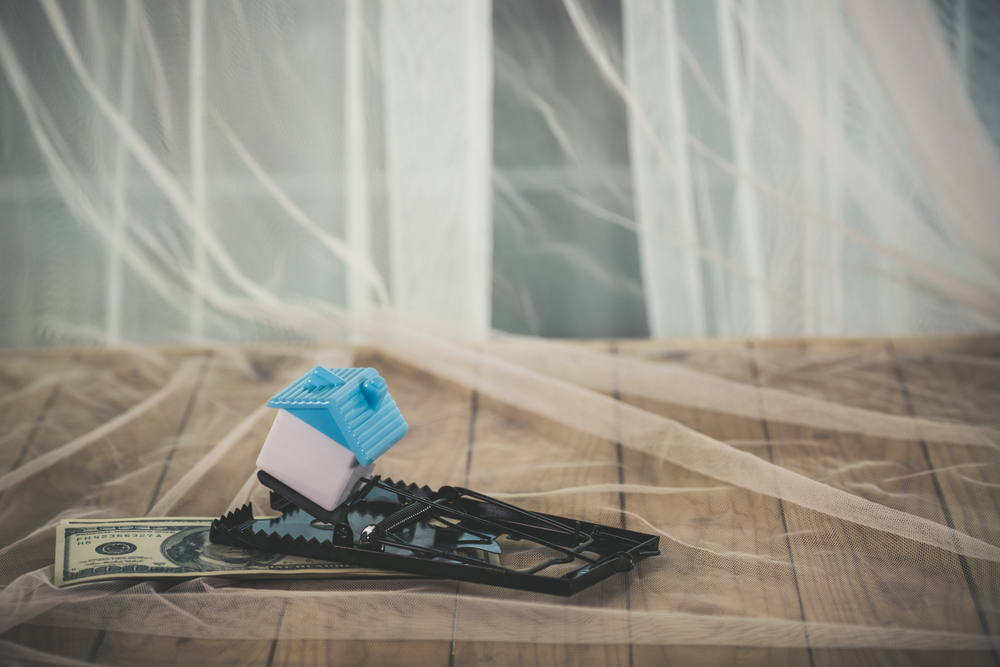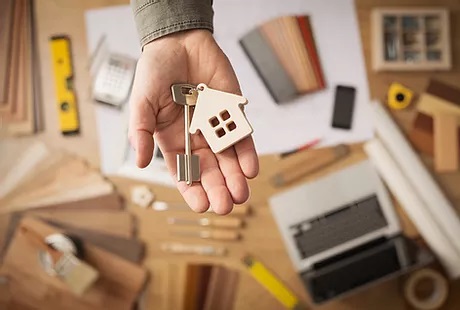In New York City, the housing crisis is at its worst ever. Scammers and con artists are always looking for new methods to defraud New Yorkers out of their hard-earned money. New York City is frequently ranked as the most expensive city in the country, because of its high cost of living. In this article, we will discuss How to Avoid House Buying Scams in New York? And What to Do if you are scammed.
As a result of the city’s recent real estate boom, New Yorkers have become great prey for home purchase scams. The real estate market is a hotbed for scammers. In 2020, 13,600 persons are expected to have been victims of real estate scams.
How to Avoid House Buying Scams in New York
Scams happen in a variety of forms. Whether you’re a first-time home seller or a seasoned pro, this article will help you navigate the New York real estate market. These tips will help you avoid falling for scams and con artists, saving you money in the long run.
New York’s real estate market is plagued by scams, which are a major source of frustration. The good news is that understanding how off-market real estate deals work will help you to safeguard your interests throughout the process.
1- Verify the Communication
A prospective seller will almost certainly provide you with some information that you can verify later. Scammers try to make themselves appear as if they work for a reputable organization that you might be familiar with.
Please conduct your own investigation and avoid clicking on any links provided by a seller or buyer as a means of determining who they are or what they are selling. In addition, make sure that all communication is done on paper.
The majority of verbal contracts cannot be verified, and hence are not legally binding. Having a written copy of the information will also allow you to go back over it later if you need to review it.
2- Find Out Who You’re Negotiating With
Scammers frequently have a large number of signposts scattered across the area and on the internet. With the exception of the declaration that they acquire houses, their signs do not contain any other important information.
Make sure that anybody you are dealing with provides you with verified information about themselves. A genuine firm or individual makes their contact information, such as their website, phone number, and address, available to the public. As a result of this information, you or anyone else who is interested can perform additional research.
3- Protect Your Personal Data.
It is necessary for a scam to be successful for the con artist to obtain your personal information from you. They’ve come up with a variety of techniques to try and coerce you into divulging sensitive data. Emails and phone calls are sent and received using email addresses and phone numbers that are identical to your official bank and credit card contact information and email addresses, among others.
Your social security number, bank account numbers, and passwords are being collected in this manner. If you receive a phone call from an unknown number that sounds very similar to, but is not the same as, the number that your financial institutions use, it is best to hang up and conduct some research before answering.
You must not listen to them, no matter what they say. Everything about you is known to your bank and credit card company. They can consult their directories if they require anything.
4- Investigate the Buying Process for a Property
In a traditional home-buying process, your real estate agent initiates the process by submitting an offer to the seller. If the seller is pleased with the offer, he will accept it. After that, you make a deposit that will be used to cover the deposit and closing charges.
Selling a house is contingent on both parties exchanging information about the property. It is vital to understand what information should be exchanged and when it should be exchanged.
Selling Your House Scammed? What To Do.
You should notify your local police department and the FBI as soon as possible if you feel that a firm or an individual has defrauded you. Contact your financial institution as well.
File a complaint with the Federal Trade Commission about any type of scam that you come across as well (FTC). As soon as you become aware of the situation and alert law enforcement, your chances of reclaiming your fund’s increase.
Quick Wrap Up
In the New York real estate sector, fraud is continuously developing and evolving. We hope that this article has provided you with an understanding of How to Avoid House Buying Scams in New York. If you are involved in a real estate deal, always go with your gut instinct and do not be afraid to walk away, regardless of the potential financial gain.
Every time you receive an offer, make sure to do your due diligence. At no point should you divulge any financial or personal information that is critical to your livelihood. If you come across a dubious listing or are a victim of a scam, please contact the appropriate authorities.






